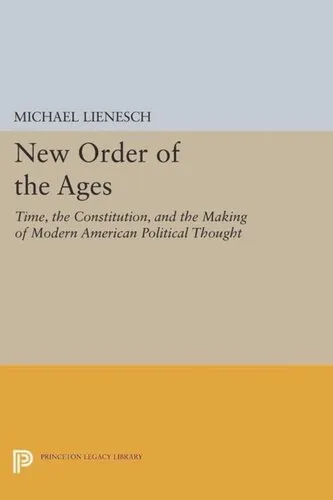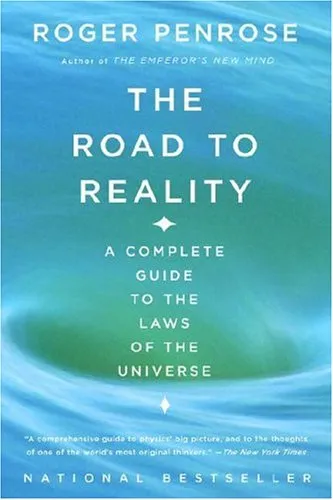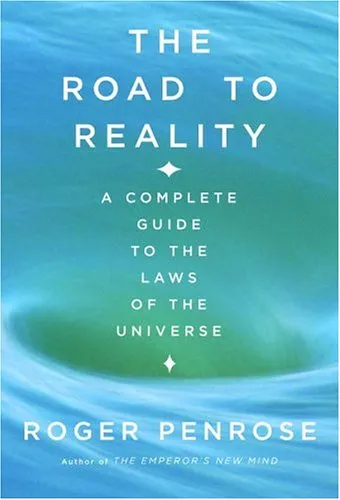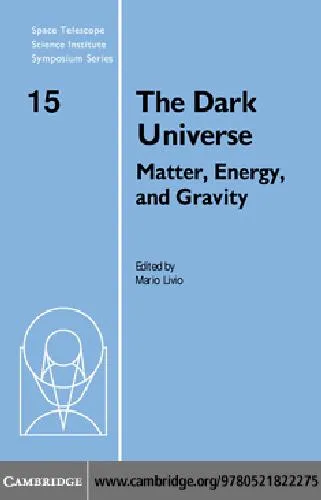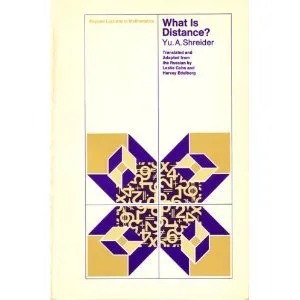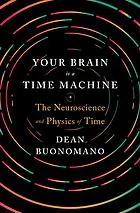New Order of the Ages: Time, the Constitution, and the Making of Modern American Political Thought
4.0
Reviews from our users

You Can Ask your questions from this book's AI after Login
Each download or ask from book AI costs 2 points. To earn more free points, please visit the Points Guide Page and complete some valuable actions.Related Refrences:
Introduction
"New Order of the Ages: Time, the Constitution, and the Making of Modern American Political Thought" dives into the complex interplay between the philosophy of time and the foundational principles that shape American political systems. Authored by Michael Lienesch, this book offers a meticulous exploration of how time’s multifaceted concept has influenced the development of the U.S. Constitution and, subsequently, the formation of modern political thought in America. This introduction seeks to provide an insight into the book’s thematic concerns, its impact, and the profound messages embedded within its pages.
Detailed Summary of the Book
Lienesch structures his narrative around the notion that the understanding of time is pivotal in comprehending the framers' intentions and the evolving interpretation of the Constitution. The book maps out the ideological shifts from the Constitution's inception to the present day, analyzing how temporal perceptions have framed political dialogues and legislative changes. By dissecting political, historical, and philosophical viewpoints, Lienesch presents an intricate portrait of the Constitution not as a static document, but as a living entity that echoes the mutable currents of time.
The book is divided into sections that chronologically trace the Constitution's journey, connecting pivotal historical moments with evolving time perceptions. Insightful analysis is provided on how periods such as the Enlightenment and the Industrial Revolution altered the political landscape, thus impacting constitutional interpretation. Lienesch elucidates the concept of a "new order of the ages," where the Constitution serves as a milestone marking the evolution of democratic principles in response to temporal shifts.
Key Takeaways
- Time is a crucial element in understanding the evolution of constitutional law and political thought.
- The Constitution can be seen as a dynamic framework influenced by the changing perspectives of different eras.
- Political and historical contexts significantly shape governmental structures and ideologies.
- Lienesch highlights the continuous negotiation between permanence and change in the constitutional narrative.
Famous Quotes from the Book
"The Constitution stands as a testament not only to the founders' vision but to the enduring nature of change itself."
"In every era, the measure of freedom is scanned through the lens of its temporal context."
Why This Book Matters
"New Order of the Ages" is essential reading for anyone seeking to understand the philosophical and historical underpinnings of American political structures. It connects the threads of time, history, and governance, making it a fundamental resource for scholars, students, and readers interested in constitutional studies, political science, and American history. By approaching the Constitution as a living artefact, Lienesch adds depth to the discourse on governance and democracy, emphasizing the significance of adaptive interpretation in promoting societal progress.
With its comprehensive research and profound insights, the book not only contributes to academic discussions but also invites policymakers and citizens alike to reflect on their roles in shaping the future of democracy. As such, it offers a framework for contemplating how current political issues might evolve within our own temporal contexts.
Free Direct Download
You Can Download this book after Login
Accessing books through legal platforms and public libraries not only supports the rights of authors and publishers but also contributes to the sustainability of reading culture. Before downloading, please take a moment to consider these options.
Find this book on other platforms:
WorldCat helps you find books in libraries worldwide.
See ratings, reviews, and discussions on Goodreads.
Find and buy rare or used books on AbeBooks.
1408
بازدید4.0
امتیاز0
نظر98%
رضایتReviews:
4.0
Based on 0 users review
Questions & Answers
Ask questions about this book or help others by answering
No questions yet. Be the first to ask!
